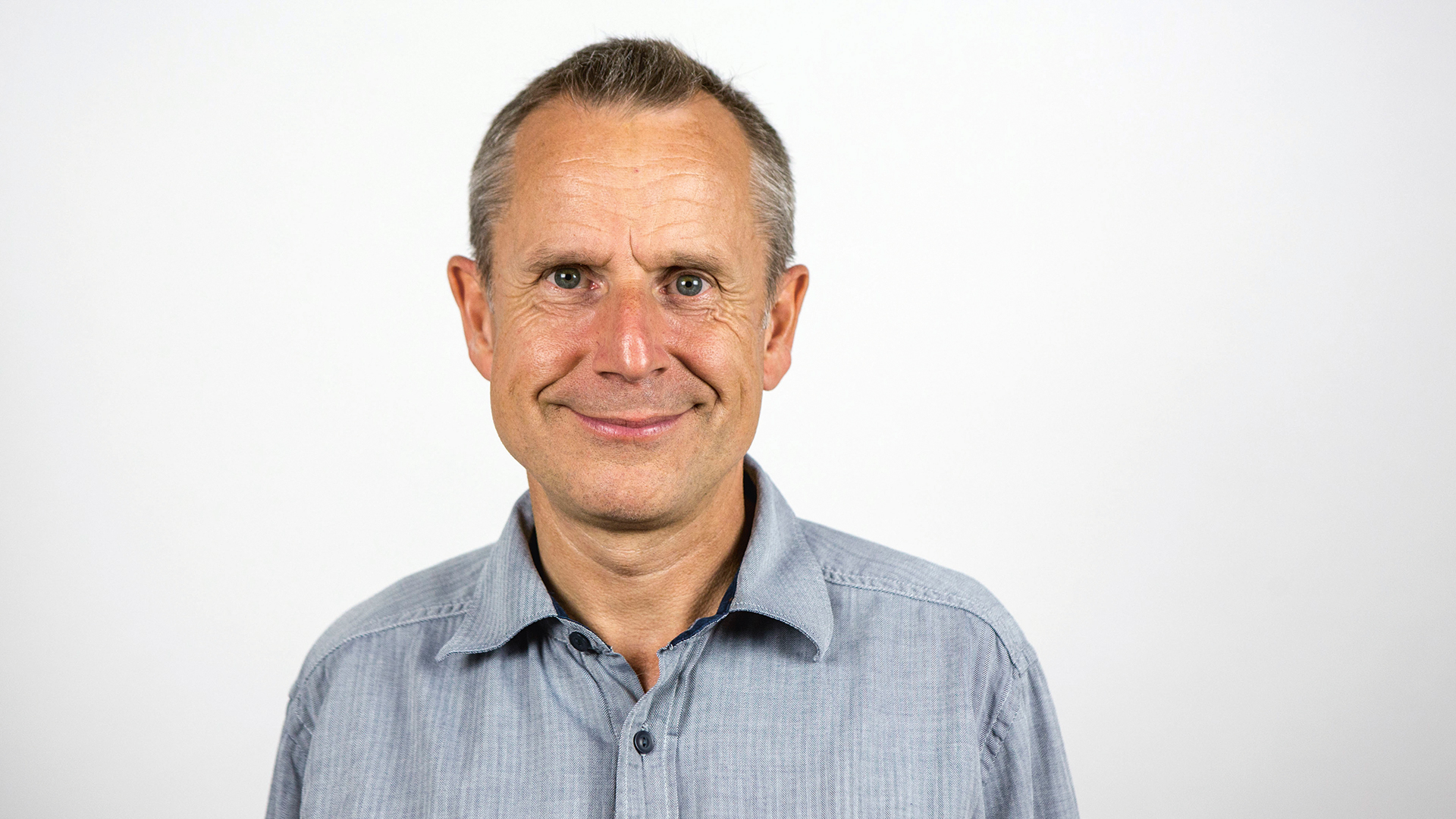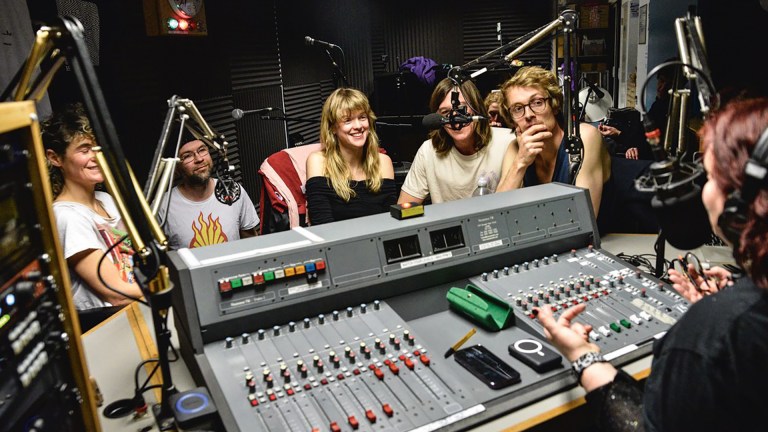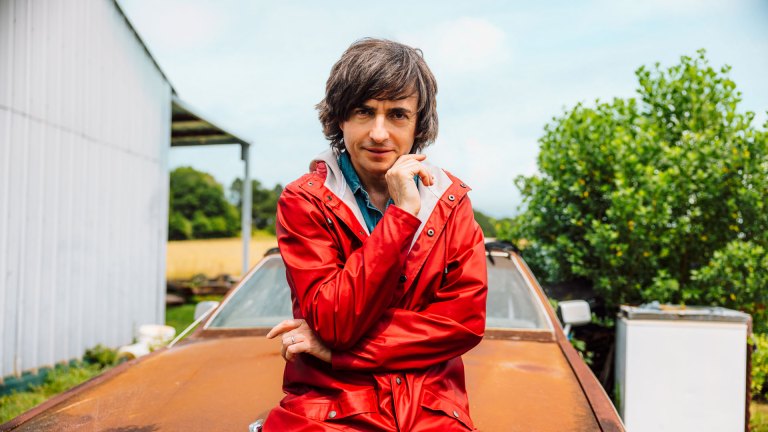Sixteen years old, in V-neck and cords, I stood alone and edgy outside an inauspicious door in Leicester Square. I was waiting for The Comedy Store to open. It was my first night at a comedy club.
I would see The Joan Collins Fan Club (later to become Julian Clary), Kit Hollerbach and Jeremy Hardy. Jeremy Hardy immediately became my new favourite thing. He was my first favourite live comedian.
He had the vague air of being flummoxed by human behaviour,
He lacked the showiness of showbusiness, he was neither exaggerated nor minimalist. He had the vague air of being flummoxed by human behaviour, though never feeling the need to fall headlong into existential anxiety. He could have been a dispirited attaché in a Graham Greene novel. Within this frame, was one of the sharpest comedy minds you could experience and someone totally unafraid to express his political opinions, which, whether you agreed with them or not, would usually be far better informed that political pundits whose job is meant to be being ridiculously well-informed. There was an unassuming ferocity in his dissections of venality and pomposity.
Like his friend, Mark Steel, he was adept at creating a beautiful absurdity from pomposity and bigotry. His response to those who campaigned against same-sex marriage with the outcry of ‘What next? Will a man be allowed to marry his brother?’ etc, etc was one of many examples of comedy perfection. “When Catholics were first allowed to stand for parliament, it didn’t then change so that furniture could stand for parliament. When the franchise was extended to women, they then didn’t extend it to sandwiches and carpets. It doesn’t work like that, they’ve just changed the law to make it equal.”
For all those, like Richard Littlejohn, who spluttered and smeared his dislike of Hardy whenever his newspaper column had some space between energetically misunderstanding health and safety rules or reminiscing about a fictional British past populated by flat-capped extras from an Ealing comedy, Hardy was a sizeable percentage of the BBC’s mythic left-wing bias.
His inspiration was not merely his wit but, even more importantly, his tenacity and authenticity,
Despite the gaping lack of evidence for the Maoist dominance of the BBC, I blame the potency of Hardy’s wit for creating this illusion. It was not that his form of thinking and belief had such a stranglehold on the BBC, but that his words stayed in the memory for so much longer… and his singing too. As people took in the shock of his death, many turned to his pitch-imperfect rendition of George Formby singing Leonard Cohen’s Hallelujah.









